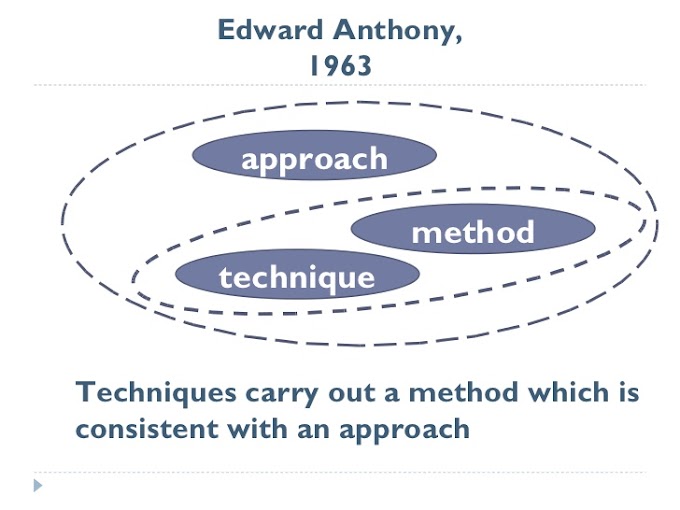Social criticism in "Elegy Written In Country churchyard"
Admin
October 09, 2018
“Elegy Written in a Country Churchyard”, mainly dwells upon the life and death of the poor villagers. In order to glorify the rural poor, Thomas Gray makes a contrast, his attitude to the vanity, pride and the rural poor. In this contrast,his attitude to the vanity, pride and artificiality of the rich people turns out as a social criticism.
Gray’s social criticism begins from the eighth stanza. The rich, proud and ambitious people are different from the simple, unknown villagers lying in the neglected churchyard. The vanity of pretensions of the sophisticated people has been ironically revealed, and in the process the poor ordinary people have been glorified. The “ambition” of the powerful people mars the ”homely joys” that the ordinary villagers enjoy. The “disdainful smile” of the ”Grandeur” is disgusting in contrast to the “simple annals of the poor”. Similarly, the pomp of power and wealth, and the “pealing anthem” at the decorated grave of the proud people turn out to be meaningless in contrast to the villagers’ simple tombs. In the same way, the dead villagers unknown to the world have been contrasted with the “storied urn” or ”animated bust”. The poet has used negative or disapproving epithets like “pomp of pow’r”, ”disdainful smile”, ”pealing anthem”, ”storied urn” and ”animated bust” for the ambitious rich people. But he has used approving epithets like “homely joys” and ”simple annals of the poor” for the country people. His disliking for the artificiality of the boastful urban people and his sympathy for the poor villagers become transparent when he says’ “The paths of glory lead but to the grave.”
The poet’s glorification of the possibilities of the common people also demeans the achievement of the fortunate people who have power and pomp. Perhaps these poor people had the celestial fire that Milton had; or the ability to govern an empire that Oliver Cromwell had; or the ability to protest against tyranny that Hampden had. But these people did not have any opportunity. The poet has also compared them with the gems of the oceans and the flowers of the desert that bloom, flourish and wither away unknown. In all these comparisons and contrasts, the poet’s dislike for the privileged people is poignant.
It may now be concluded that Thomas Gray is very critical of the socially privileged people. The poem reflects a strong dislike for the artificial, pompous way of life. At several points of the poem, the poet touches upon universal laws of life to show the meaninglessness of power and luxury.
Popular Posts
Categories
- Accident lawyer for USA (1)
- Baby Food (1)
- Car Insurance (1)
- Characters (5)
- Drama (33)
- Emily Dickinson (10)
- Essays. (101)
- History (32)
- History of English Literature (10)
- Honours 2nd Year (18)
- Honours 3rd Year (52)
- Literature (271)
- Make Money Online (1)
- Online Incom (2)
- Poetry (174)
- Prose (21)
- Romantic Poetry (15)
- Shakespeare (17)
- Summary (15)
- Teaching Language (5)
- Technology (1)
- Tennyson (22)
- Walter Whitman (4)
- William Blake (9)
- William Wordsworth (16)




0 Comments